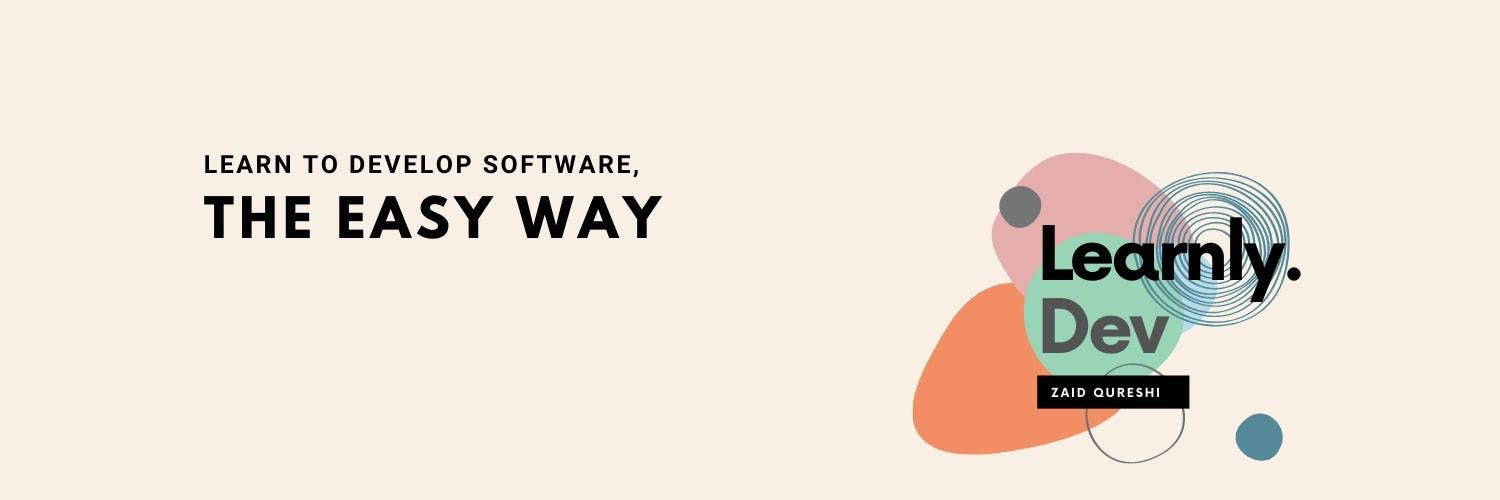1,084 reads
Before You Start Learning to Code, Read This.
by
November 23rd, 2021
Audio Presented by

My name means growth or to make progress, so that's what I'm into. Currently building learnly. Employed by Amazon.
About Author
My name means growth or to make progress, so that's what I'm into. Currently building learnly. Employed by Amazon.
